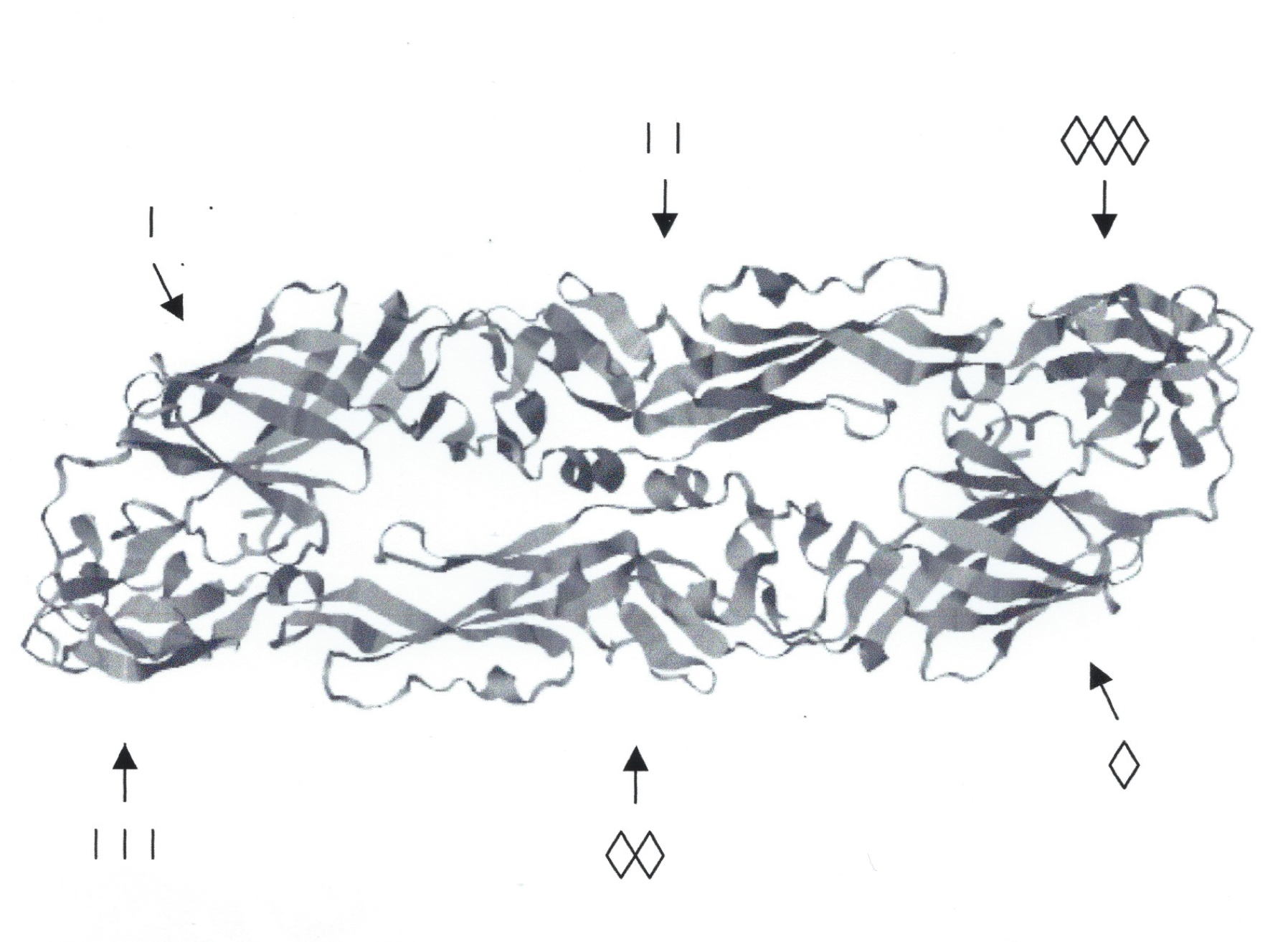VOLUME 12 NUMBER 2 (July to December 2019)

Philipp. Sci. Lett. 2019 12 (2) 133-138
available online: October 30, 2019
*Corresponding author
Email Address: eduardo.padlan@gmail.com
Date Received: August 2, 2018
Date Revised: August 29, 2019
Date Accepted: September 24, 2019
ARTICLE
Can we design a subunit vaccine against dengue that will work against all serotypes?
by Cecilia P. Mikita1 and Eduardo A. Padlan*2
1Walter Reed National Military Medical Center, Department of Medicine,
Allergy/Immunology/Immunizations Service
4954 North Palmer Road, Bethesda, MD 20889-5600, USA
24006 Simms Drive, Kensington, MD 20895-1336, USA
Allergy/Immunology/Immunizations Service
4954 North Palmer Road, Bethesda, MD 20889-5600, USA
24006 Simms Drive, Kensington, MD 20895-1336, USA
Dengue virus infection is one of the most common mosquito-borne illnesses worldwide, with nearly four billion people living in at risk areas throughout the world. Reported cases to World Health Organization continue to rise exponentially with an estimated 50 – 100 million symptomatic cases, mostly in Asia. Most clinical cases present with a self-limited viral illness, but some experience life-threatening severe disease. Four serotypes of dengue virus exist; infection by one serotype confers long lasting homotypic immunity, but does not confer heterotypic immunity to another serotype. Subsequent infection from a different dengue serotype can lead to the development of severe dengue. Antibody-dependent enhancement of dengue virus infection has been implicated in the development of severe disease. There have been various efforts to develop vaccines against dengue, including subunit vaccines that use only the viral envelope glycoprotein, or portions thereof. Those efforts are hampered by the existence of the different serotypes which could result in antibody-dependent enhancement, if the antibodies raised by the vaccine are cross-reactive, but do not neutralize all serotypes. We analyzed the structures and sequences of the viral envelope glycoprotein of the dengue serotypes and have located a putative epitope that is shared by the various serotypes. Judicious amino acid replacements to enhance the antigenicity of this epitope relative to the rest of the molecule could produce a possible universal subunit vaccine against dengue without antibody-dependent enhancement. We also explored the possibility that such a vaccine might also work against other flaviviruses, specifically Zika and West Nile viruses.
© 2026 SciEnggJ
Philippine-American Academy of Science and Engineering